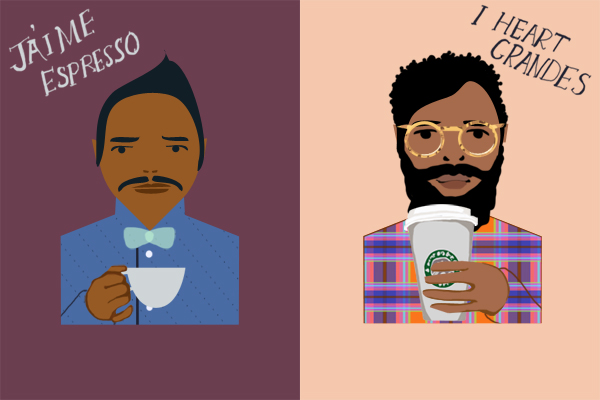The Paris versus New York debate ever rages on, and below-the-belt remarks are tossed like grenades from both sides of the Atlantic.
There’s already a swishy website that compares the two great cities using cutesy, minimalist drawings. Take, for instance, one picture that shows the varied coffee preferences between the two metropolises. On the New York side there’s a tall Starbucks cup, while on the Paris side there’s a tiny espresso.
Yet, observing that Americans prefer Starbucks to espresso, thicker beards to mustaches, and pastrami to patisserie may be charming and all, but it’s not much help if you’re deciding between where to travel, work, or live. The real differences between these cities are about quality of life and the way people view their relationship to both others and the world.
